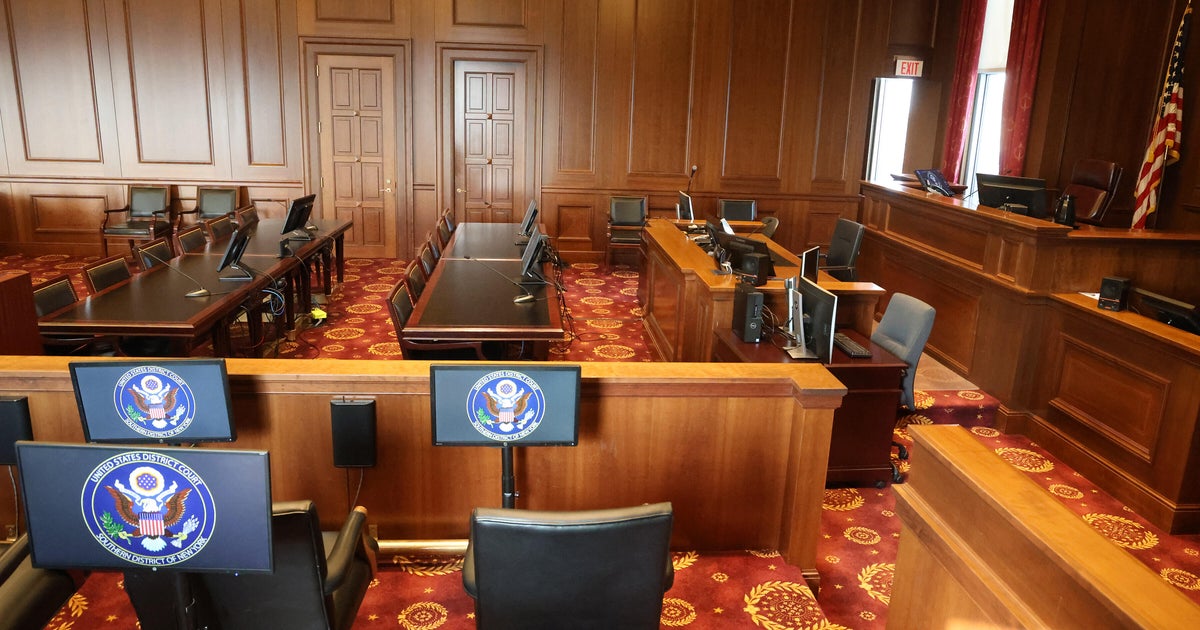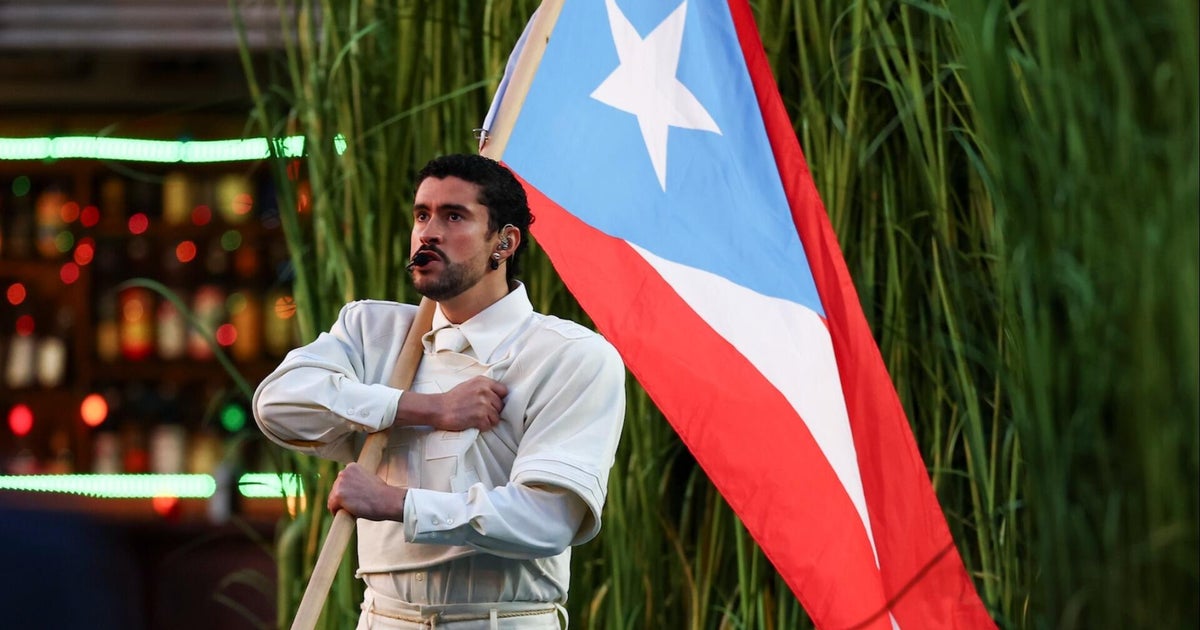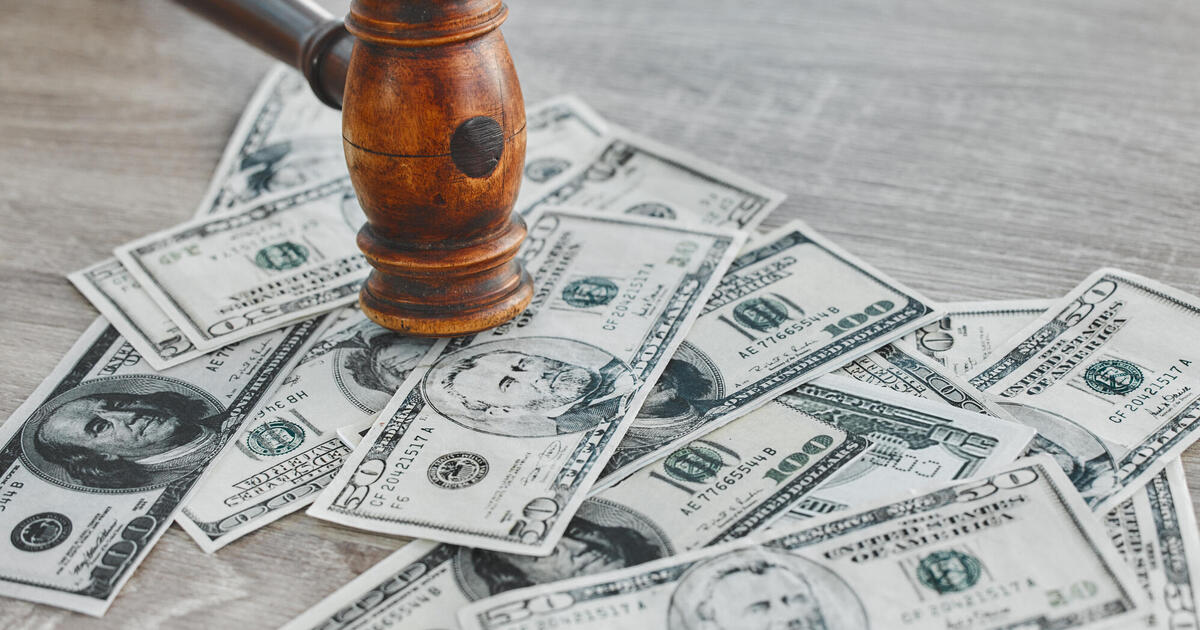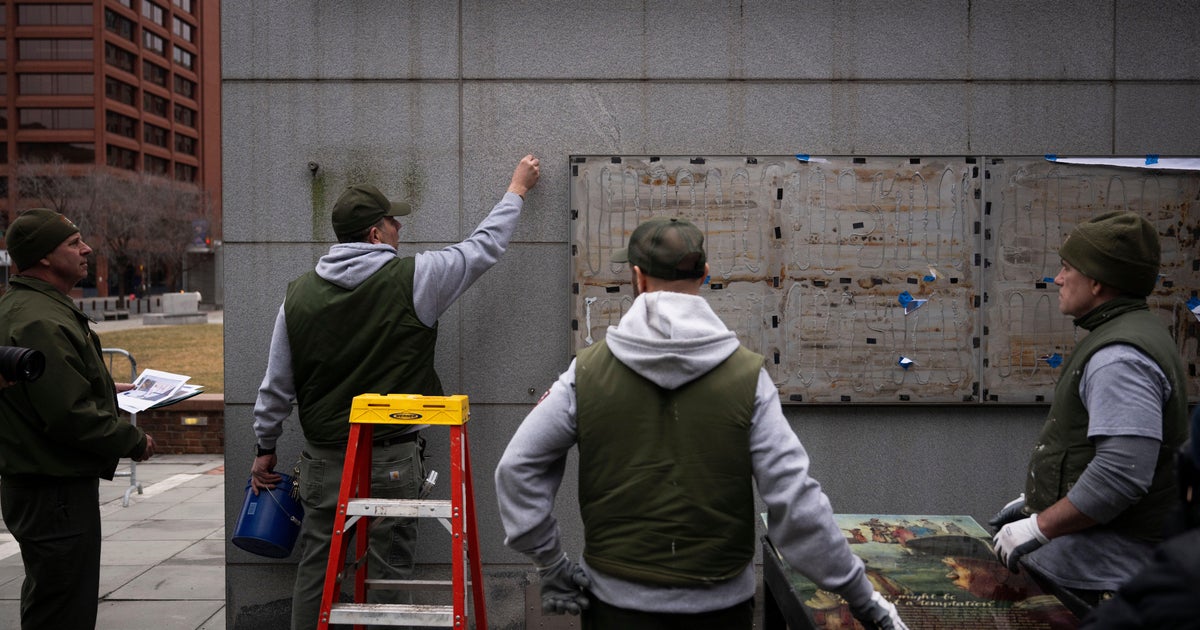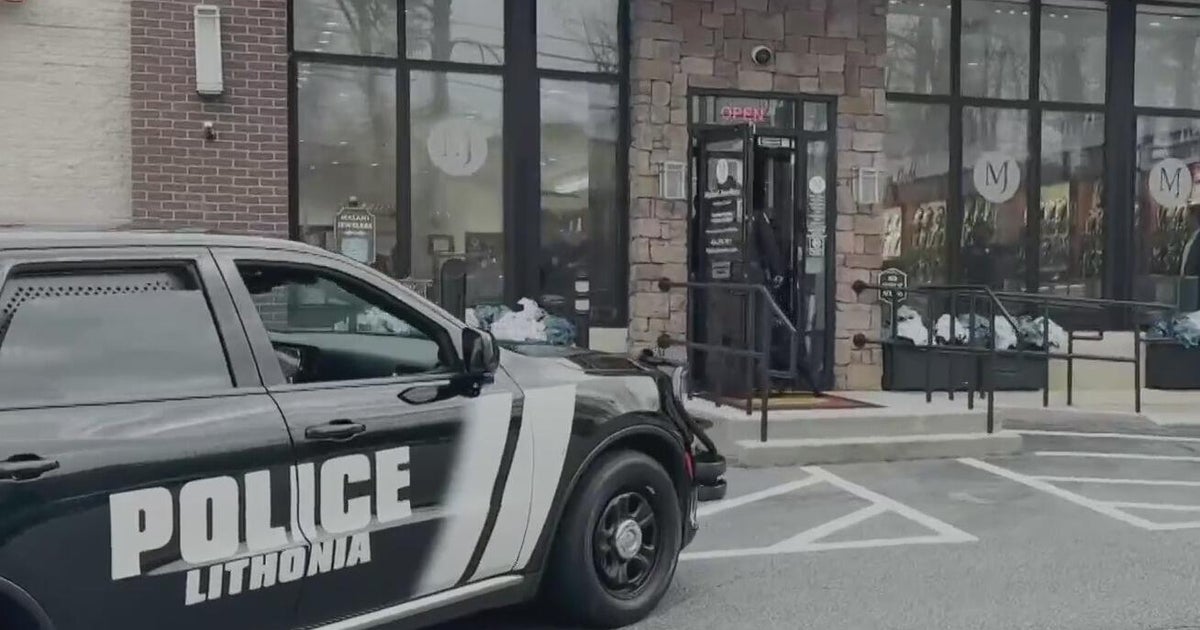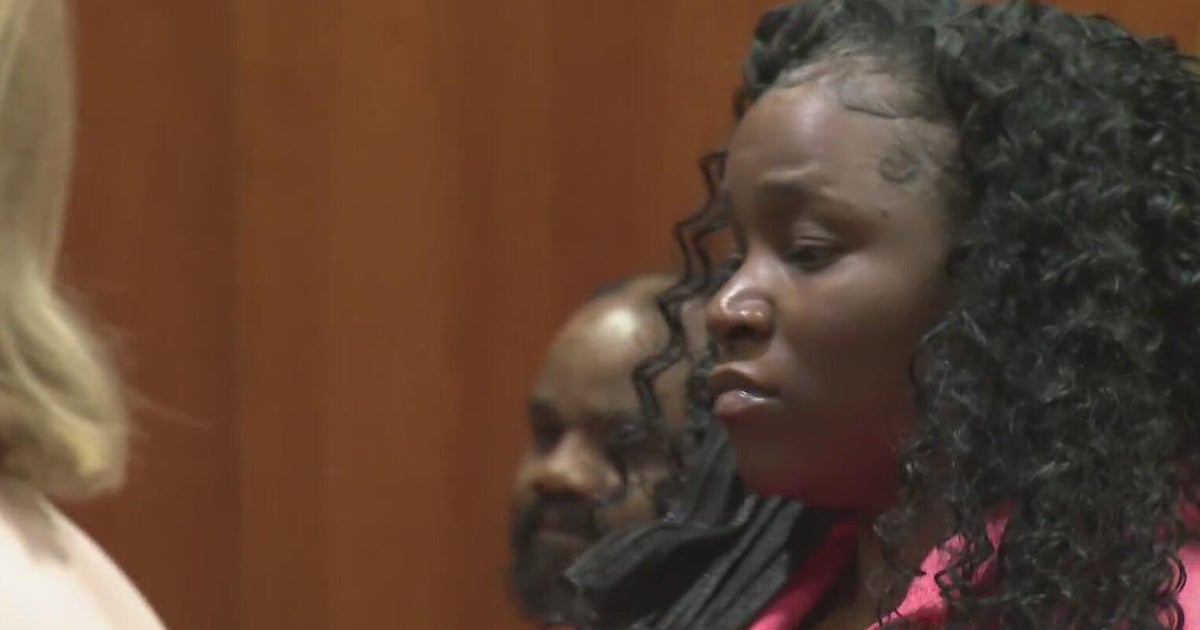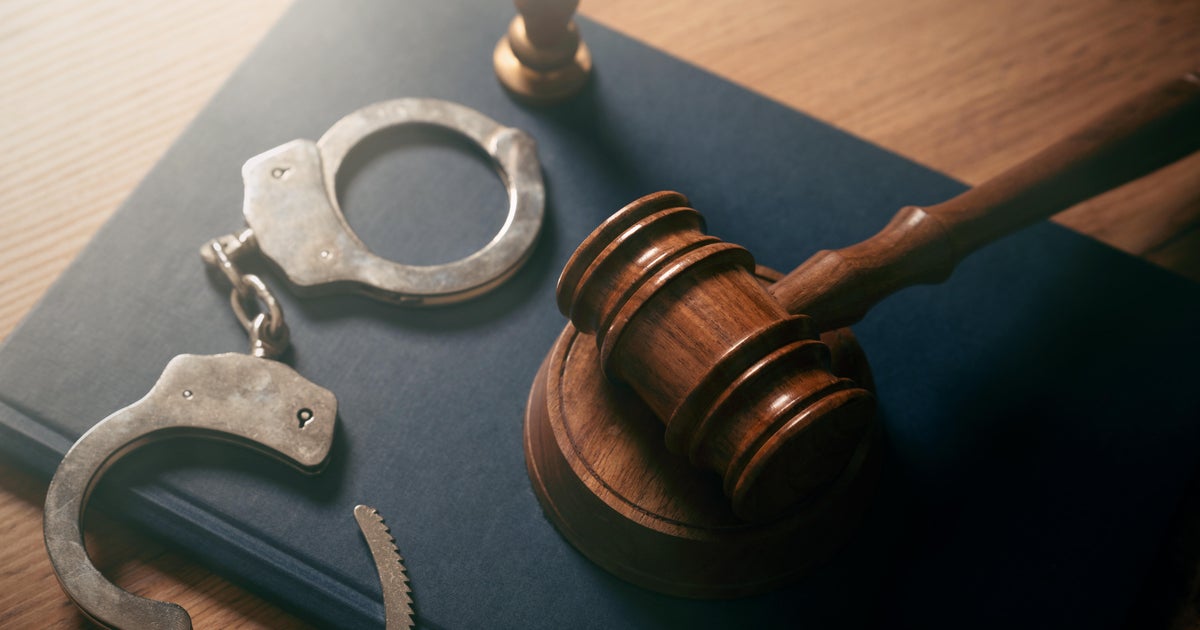Appeals Court To Hear Texas Terror-Financing Case
NEW ORLEANS (AP) - A judge's errors resulted in an unfair trial for five members of a prominent Muslim charity who were convicted of funneling millions of dollars to the Palestinian militant group Hamas, a defense attorney argued Thursday before a federal appeals court.
Lawyers for former leaders of the Richardson, Texas-based Holy Land Foundation for Relief and Development, once the nation's largest Muslim charity, are asking the 5th U.S. Circuit Court of Appeals in New Orleans to overturn their clients' convictions and prison sentences. A three-judge panel didn't immediately rule after hearing two hours of arguments from prosecutors and defense attorneys.
Defense lawyers claim the judge who presided over their 2008 retrial erred in allowing testimony about Hamas' terrorist activities, protecting the identities of two Israeli witnesses and denying defendants' access to many of their own secretly recorded statements.
"It was not a fair trial," said defense attorney John Cline, who represents Ghassan Elashi. "The entire trial process was so riddled with errors that the process was not fair."
Federal prosecutors argue U.S. District Judge Jorge Solis in Dallas didn't abuse his discretion in deciding what evidence jurors could hear.
Justice Department attorney Joseph Palmer defended Solis' decision to allow a government witness from the Israeli Security Agency to testify as an expert anonymously, using the pseudonym "Avi," about Hamas' control of West Bank social committees that were funded by Holy Land.
Jurors also heard anonymous testimony from an officer in the Israeli Defense Forces.
"There was a real threat to the safety of those witnesses should their identities have been disclosed," Palmer said.
Cline, however, said the anonymous testimony deprived the defendants of their due process rights and prevented defense attorneys from fully challenging their credibility.
"They were phantoms to us," he said. "Avi was a critical witness in this case, and his credibility was essential."
Appeals Judge Carolyn Dineen King agreed Avi was a "powerful witness" but noted that other trial testimony covered some of the same ground.
Cline said Avi was a crucial government witness because he "tied their narrative together" and wove a "compelling story."
"I don't believe under any circumstances that can be considered harmless beyond a reasonable doubt," he said.
Defense attorneys also argued Solis shouldn't have allowed jurors to see documents seized by the Israeli Defense Forces that portrayed Holy Land and a social committee as part of Hamas' fundraising apparatus.
"It is like a textbook in evidentiary error in this case," Cline said.
King said she found it "troubling" that it wasn't clear who created some of the documents, but Palmer described the records as "credible" and "reliable."
"There is circumstantial evidence within the documents of what they are," he said.
In November 2008, a Dallas jury convicted Elashi, Holy Land's former chairman, and Shukri Abu Baker, the group's chief executive, of charges that included supporting a specially designated terrorist organization, money laundering and tax fraud.
Mufid Abdulqader and Abdulrahman Odeh were convicted of three counts of conspiracy. Mohammed El-Mezain was convicted of one count of conspiracy to support a terrorist organization. Holy Land itself was convicted of all 32 counts.
Baker and Elashi were sentenced to 65 years in prison. Abdulqader received a 20-year prison sentence. Odeh and El-Mezain were sentenced to 15 years in prison.
An earlier trial had ended with jurors deadlocking on many counts.
(© Copyright 2011 The Associated Press. All Rights Reserved. This material may not be published, broadcast, rewritten or redistributed.)
